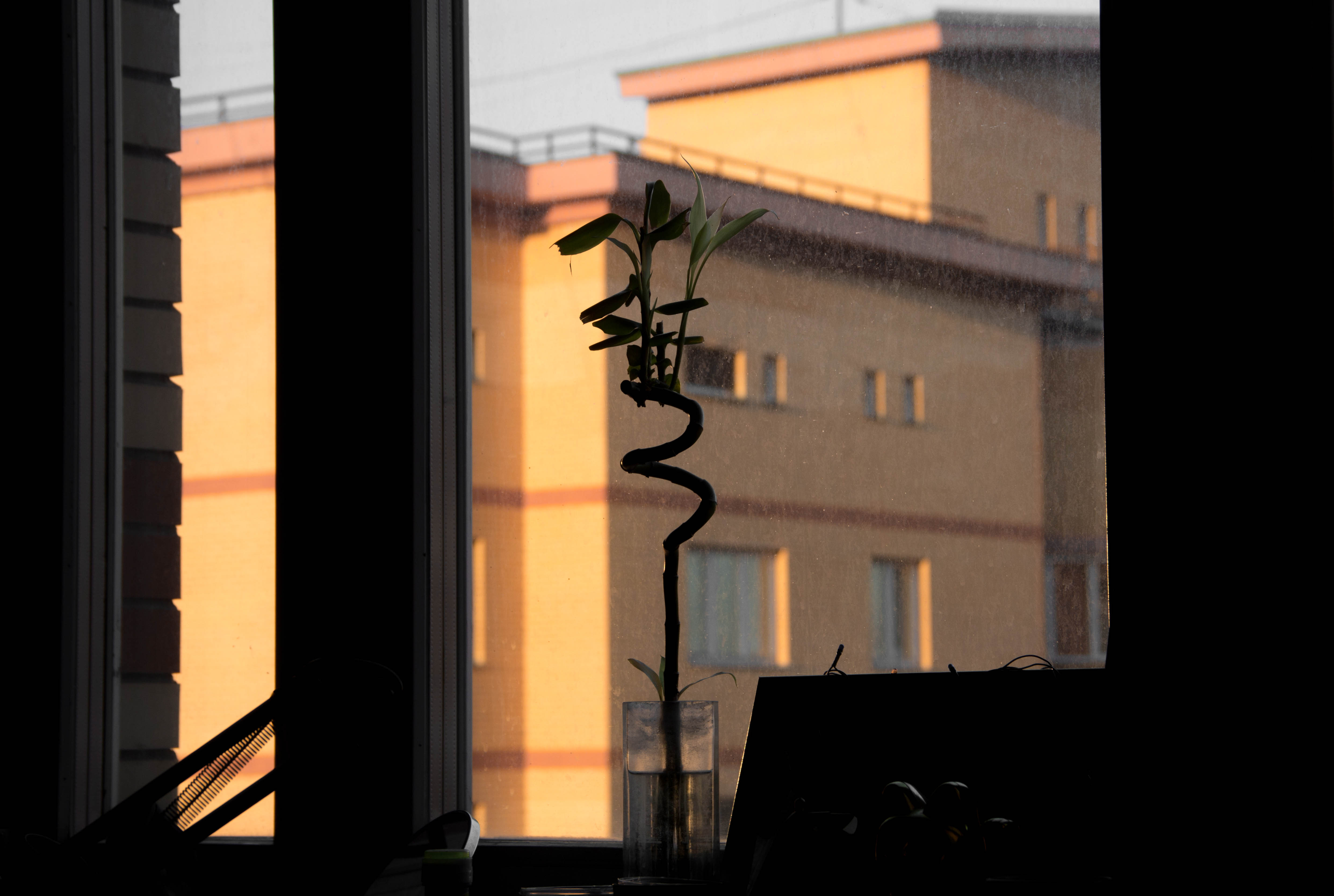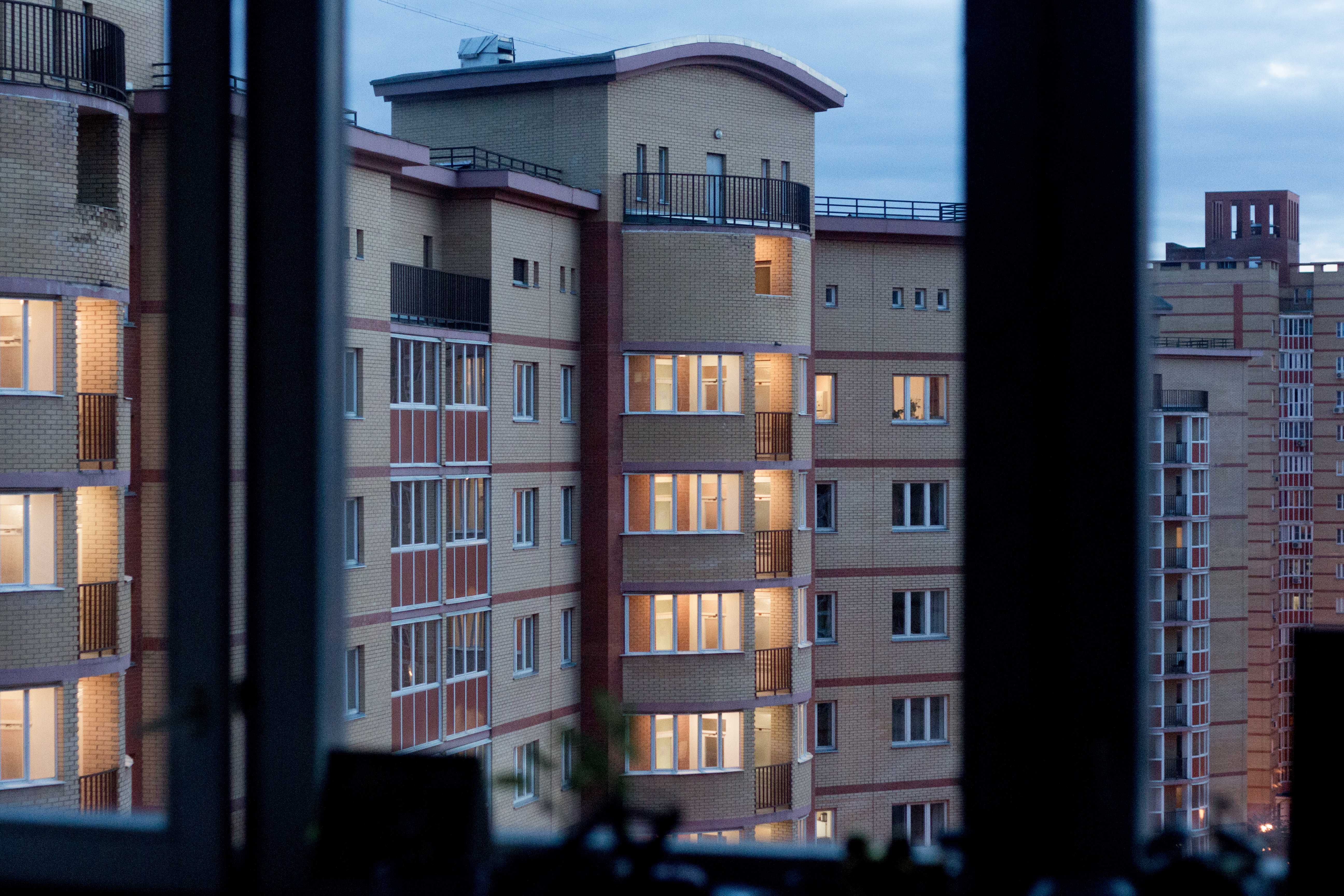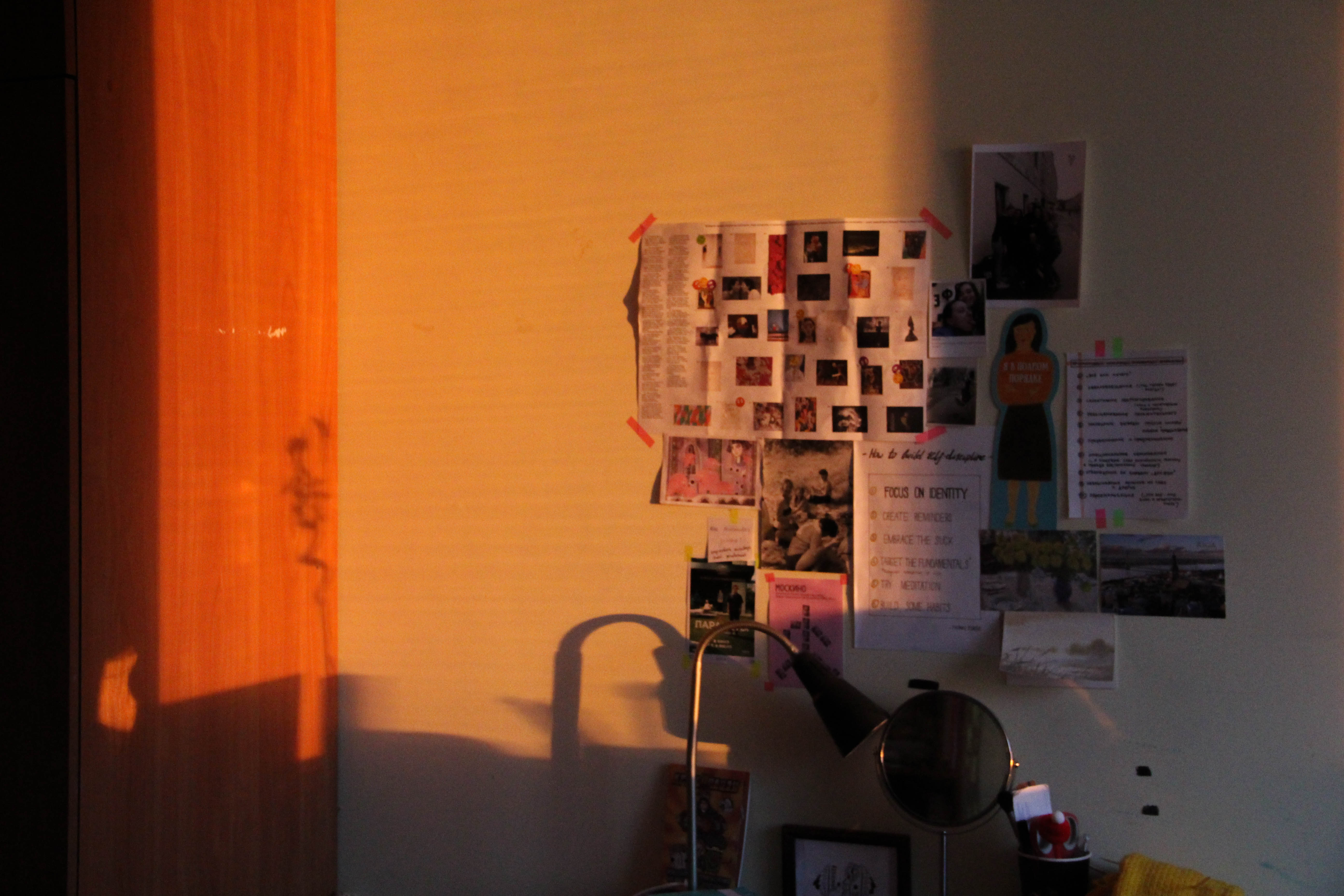- A
- A
- A
- ABC
- ABC
- ABC
- А
- А
- А
- А
- А
Life in Quarantine at the HSE Dorms
© Alina Zaripova
After HSE University transitioned to distance learning, life in the HSE dormitories changed: most students have gone home. The number of onsite staff and service employees has been reduced. Large events have been cancelled. Student trips into the city have been limited. HSE University Life spoke with students and staff about what life under quarantine is like in the dorms.
Ivan Prostakov
HSE University Vice Rector
First of all, I would like to thank all university dormitory staff for their dedicated work in these difficult conditions. Unlike many universities in other countries, the HSE administration did not close our campus dormitories for the period of lockdown and did not put our international students in a difficult position.
We managed to take the necessary measures to prevent an outbreak of the virus from occurring in the dormitories. Over the past 2 and a half months since the start of the pandemic, 5 mild cases have been registered in the university dormitories, which house 9,000 residents in total. Thanks to timely measures taken in the dormitories, these infections did not lead to outbreaks, and not a single dormitory was quarantined. One wing of Dormitory 7 was temporarily closed, but all restrictions were lifted on May 28.
Just as we support doctors for their work in fighting the epidemic, I would urge students, both Russian and international, to support all of our dormitory staff. Show appreciation for their work, follow established rules, respect those who live and work near you, and be patient!
Viktor Emelyanov
Director for Dormitory, Guesthouse and Recreation Centre Management
Most of the work involving the remaining students has been taken up by unit heads and onsite dormitory staff who have continued to work as usual during the pandemic. In addition to their usual duties, they provide assistance to students in these unusual circumstances: for example, they provide psychological assistance to those who are struggling with living in closed quarters with limited social contact.
Many students who moved out were not expecting that they would be gone for several months. This has caused a variety of problems, ranging from, ‘I have a deadline for applying for an Oxford scholarship, and all my documents are locked in my dorm room! Help!’ to ‘We forgot to clear out all the perishables from our fridge before we left. Help!’ All these issues are resolved by the onsite dormitory staff.
It is these onsite staff members who meet returning students and take their temperature or accompany students who need to retrieve necessary items from their rooms (textbooks, documents, etc.). They also assist with calling for medical assistance if a student develops symptoms of the virus. They maintain constant contact with students who are hospitalized, as well as with their doctors.
Due to the quarantine, students do not have the opportunity to return books to the library in person, so we have organized a centralized book delivery system that is operated by the dormitory staff. And this is only a small sampling of the issues that our staff work on every day 24/7. I want to express my deep gratitude to them for their hard work in these difficult conditions.
With HSE’s transition to distance learning, one of the main problems our students have encountered is slow or unreliable internet. This issue is quickly being resolved by the IT Office staff. They are increasing the bandwidth and installing new equipment and software.

Meanwhile, our security guards have also had to take on additional responsibilities. Temporary restrictions on guest visits to the dorms have been introduced, and the dorms operate on a new schedule. A lot of students, being accustomed to much more freedom, were not able to adjust right away. Some continued to work, while others were used to working on projects jointly with group members until late. In this situation, the care and tact our security guards took in explaining and enforcing the temporary measures was indispensable.
I want to thank the students who have been understanding of the tighter restrictions that we have implemented in order to prevent the spread of the coronavirus infection.
I want to thank the students who have been understanding of the tighter restrictions that we have implemented in order to prevent the spread of the coronavirus infection.
Many students wanted to continue playing sports. Therefore, HSE has decided not to close the gyms. For students, this is a great help when observing quarantine measures.
In Dormitory 7, the cafeteria continues to operate, and students can order take-away dishes. The medical centre at Dubki maintains its normal operation hours and continues to accept students. Medical staff there monitor their health, which is especially important during a pandemic when Moscow Region emergency medical technicians are overloaded.
I would like to draw attention to the fact that some universities completely closed their dormitories for the period of the pandemic. HSE did not do this and encouraged students to go home for the period during which classes would be conducted remotely. By doing this, the University reduced room and board costs for those who left. Due to the fact that only a small number of students remained in the dormitories, it has been easier for them to observe self-isolation.
Kirill Muzyka
Dubki Student Council Representative in the HSE University Student Council
The main problem we face in the dorms right now is the risk of an outbreak, which could spread throughout the entire dorm and lead to a building-wide lockdown. In terms of the administration, numerous measures are being taken to prevent COVID. The main measure that has been discussed in recent weeks is the isolation of all students returning from the regions, as well as anyone who leaves the dorm for more than 24 hours.

In general, in my opinion, the main thing is to create optimal conditions in these circumstances, but at the same time not to go overboard with unnecessary interference in the privacy of residents. It is important to understand that students who have temporarily moved out of the dormitory probably left things in their rooms, since they did not expect to be gone for so long.
I cannot say that the measures taken now in the dormitories have been completely successful and viewed positively by students. However, I think it is clear that in these conditions, there are no ideal measures. But we can solve issues that arise by engaging in dialogue with the administration and having joint discussions about them.
Alexander Shkirdov
Student Council Social Committee Leader
We try to ensure that students are comfortable while they are in self-isolation in the dorms. I would especially like to highlight the work of some local student councils of the dorms, because they constantly stay up to date with the situation and resolve a lot of issues independently and promptly.

I can’t say that students fully reacted with understanding to the new dorm rules, but most, of course, are aware of the specifics of the situation and are willing to comply.
The Student Council, in turn, tries to keep students fully informed about what is going on in the dorms as well as any changes that have been introduced in connection with the situation in Russia. In addition, the Student Council is in constant contact with the administration about emerging issues, which, in my opinion, is a good step towards improving how the two bodies work together.


